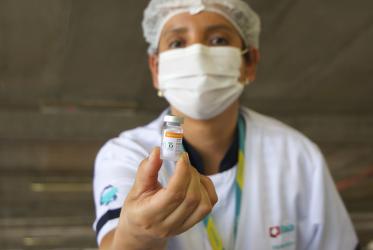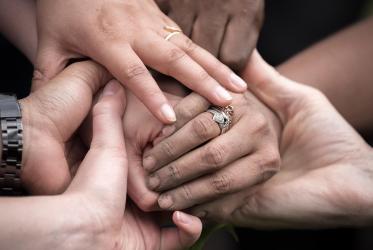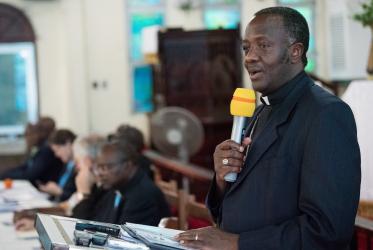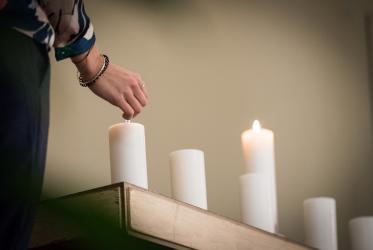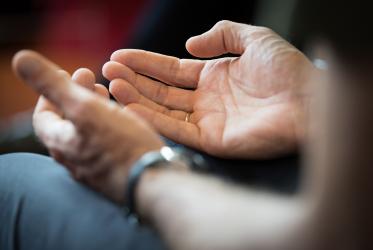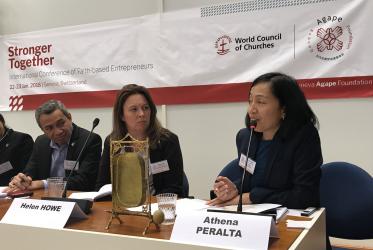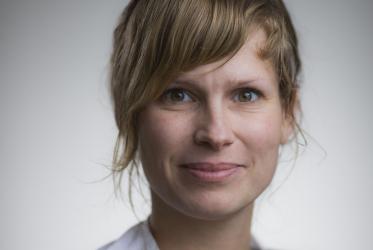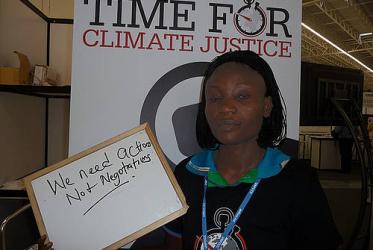Displaying 1 - 20 of 20
28 February 2022
WCC answers your questions about vaccines
26 April 2021
Connecting God with work discussed at conferences held at WCC
22 January 2019
Network of Christian entrepreneurs commits to faith in business
01 February 2018
G7 must address famine
22 May 2017
Plans for 2017 decided by WCC Executive Committee
01 December 2016
WCC Executive Committee issues statement on climate justice
25 November 2016
Faith organizations assess COP 20 on the way to Paris
28 January 2015
Churches engage in development dialogue on Africa
06 March 2013
Timid hope at end of climate negotiations in Cancun
13 December 2010
Churches want to see a new paradigm on climate change
11 December 2007

